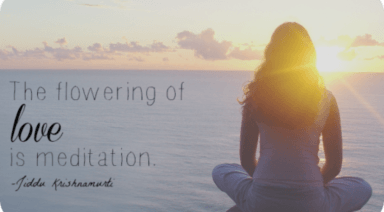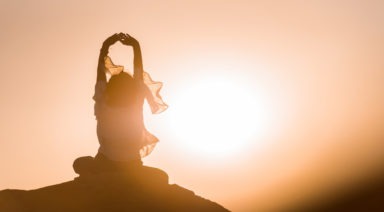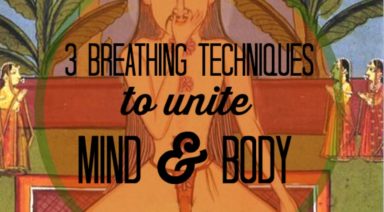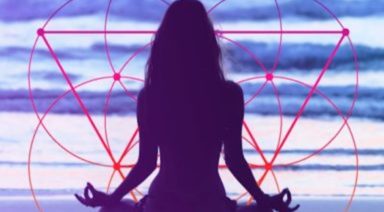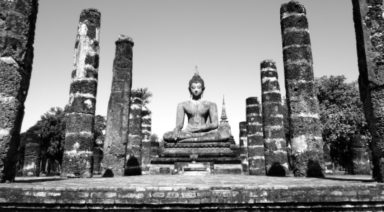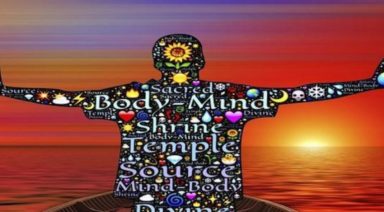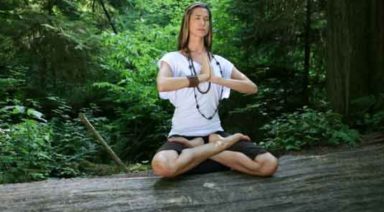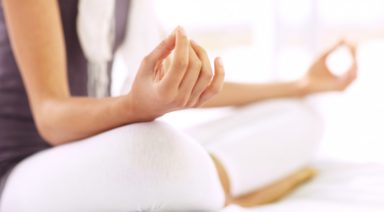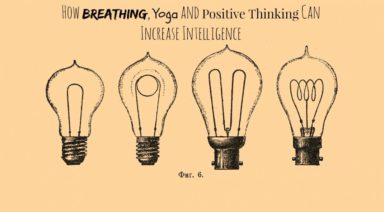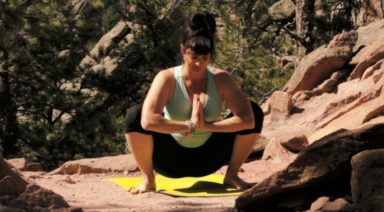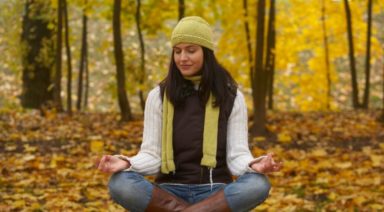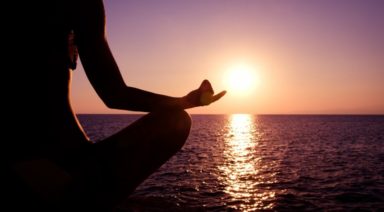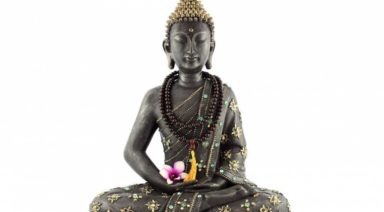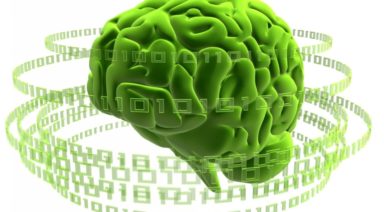The How’s and Why’s of Meditation
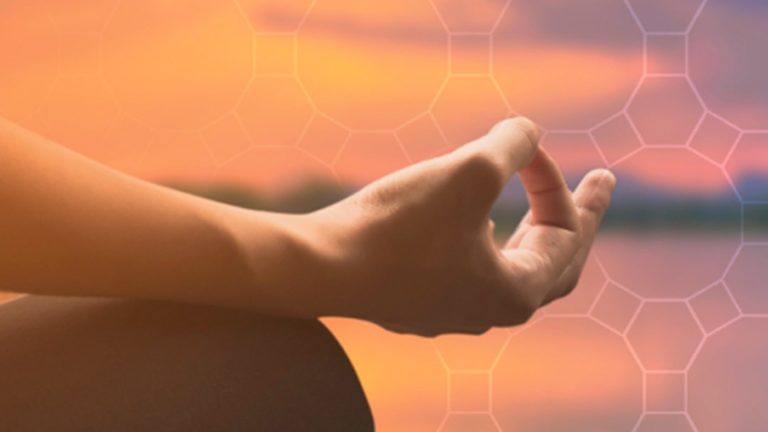
Silence befalls an ancient temple as rows of robed monks settle themselves, body, and mind. Eyes closed, legs pulled up into a lotus position, the eye of the mind turns inward. For hours they remain; their minds disciplined to ponder like this for long periods of time. This is not a feat for the average person.
Perhaps when people utter the word meditation, this image stirs in the imagination. Indeed, meditation has been a part of spiritual and religious practice for as long as mankind has been recording history. It does take years of steady practice to hold such a state of mind for hours at a time. However, meditation is something that is not only easily accessible to anyone, but you may already be doing it without realizing it.
Meditation simply means to think, contemplate or ponder. Throughout the world, it holds many different names, but the idea is the same: to enter a state of mind where it is easy to focus upon one thing. If you have ever found yourself daydreaming for any length of time, you are meditating. If you found yourself captivated by repetitive motion, the wheels and the sound of a passing train, for example, you were lulled into a meditative state. The same is true when you are reading a book and lose track of the time.
It is perfectly natural for your mind to slip into a trance and let the present moment go. When one intentionally practices meditation they engage in a discipline of training their mind and body. This practice can be applied to many different goals: relaxation, contacting spirits, building energy, enlightenment, self-contemplation, or empty mind, just to name a scant few.
A simple meditation that anyone can do is mindfulness meditation. In the place you are at this very moment, just look around. Notice everything that surrounds you. Pay attention to colors, textures, shapes, and lines. Then listen to all the sounds and pay close attention to every subtle nuance. Notice the smells, the air temperature, and any sensory information you are receiving. Do not judge what you are perceiving; do not attempt to make any sense of it. Just for the moment, be aware of your breathing, the feeling of your feet touching the floor, and bear witness to all that is surrounding you. Allow yourself simply to observe and become a part of the moment. This simple meditation can help you, in many ways.
There are many physical health benefits of meditation: reduction in stress and anxiety-lowering stress hormones such as cortisol and adrenaline. These stress hormones can bog down the immune system making it harder to fend off illness. In addition, elevated stress levels have additional negative effects throughout the body. Practicing a relaxation meditation, regularly, may reduce or reverse these negative effects. As always, consult your doctor for any medical advice pertaining to you.
Make sure you consult the doctors of all time periods, too, from long-ago civilizations to the present day. Timeless techniques from the Buddhists are just as viable today as they were hundreds of years ago. Yoga experts teach you both relaxation and movement meditations. Experts from scientific and business fields weigh in on their experience as to the benefit of meditation. No matter what you are seeking, or if you are looking to augment your practice, there is something to be gained.
No matter how you choose to do it, meditation can benefit all areas of your life. You can create your own peaceful sanctuary within your own being. Perhaps you want to improve your performance at work or in sports. In the depths of your mind, you may find your own inner truth and life’s purpose. Maybe you are just seeking to improve the performance of your brain and mind. No matter how you approach it, or why you choose to meditate, there is no doubt that a regular practice can have overarching benefits throughout every aspect of your life.
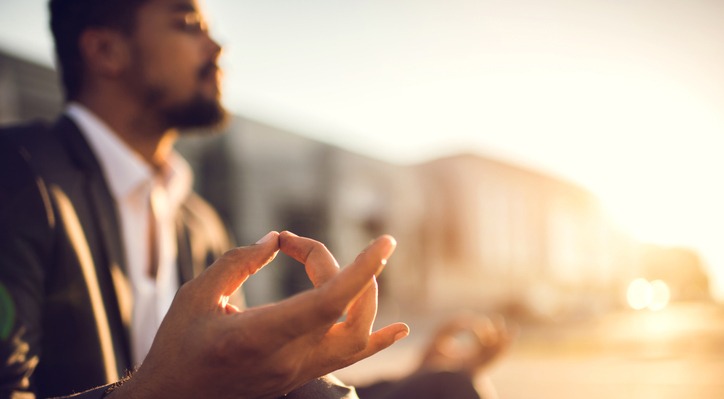
Which Type of Meditation Style Is Best for You?

Meditation encompasses a wide variety of practices aimed at quieting the mind and promoting awareness. While it may appear as simple as sitting silently, truly committing to a regular meditation routine can be challenging, especially when daily stressors, distractions, or discomfort arise. But it doesn’t have to feel intimidating.
The benefits of meditation are scientifically proven: it supports mental health by reducing stress and anxiety, helps lower blood pressure, improves overall well-being, and promotes a deep sense of inner peace. It’s even been shown to help manage chronic pain. At its core, meditation is a personal journey, and success comes from finding a meditation style that aligns with your individual needs and spirit.
There are many different styles of meditation—from mantra-based techniques to breathing exercises to movement-based practices. Each approach offers something unique, and exploring the various kinds of meditation can help you discover the one that best fits your life. The most important part? Show up. Be consistent. And allow yourself the space to grow through your meditation practice.
There’s no one-size-fits-all method. The best meditation style is the one that supports your goals and gives you a true sense of peace.
What Are the Three Major Types of Meditation?
Although there are many styles of meditation, most fall into three primary categories:
- Focused Attention Meditation – concentrates on a single object or sensation, such as breath or a mantra
- Open Monitoring Meditation – involves non-judgmental awareness of thoughts, sensations, or surroundings (e.g., mindfulness-based or body scan)
- Automatic Self-Transcending – allows the mind to settle inward effortlessly beyond thought, using techniques like transcendental meditation to access deeper levels of awareness without concentration or control
Understanding these broad categories can help you choose a meditation style that best supports your goals and preferences.





